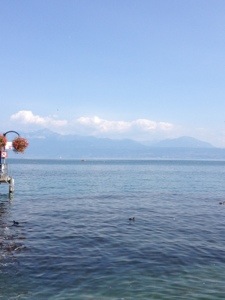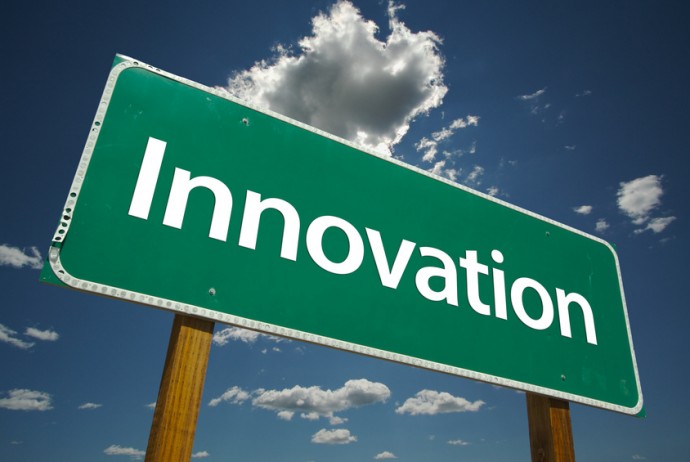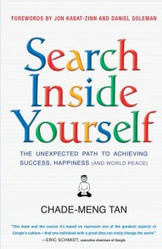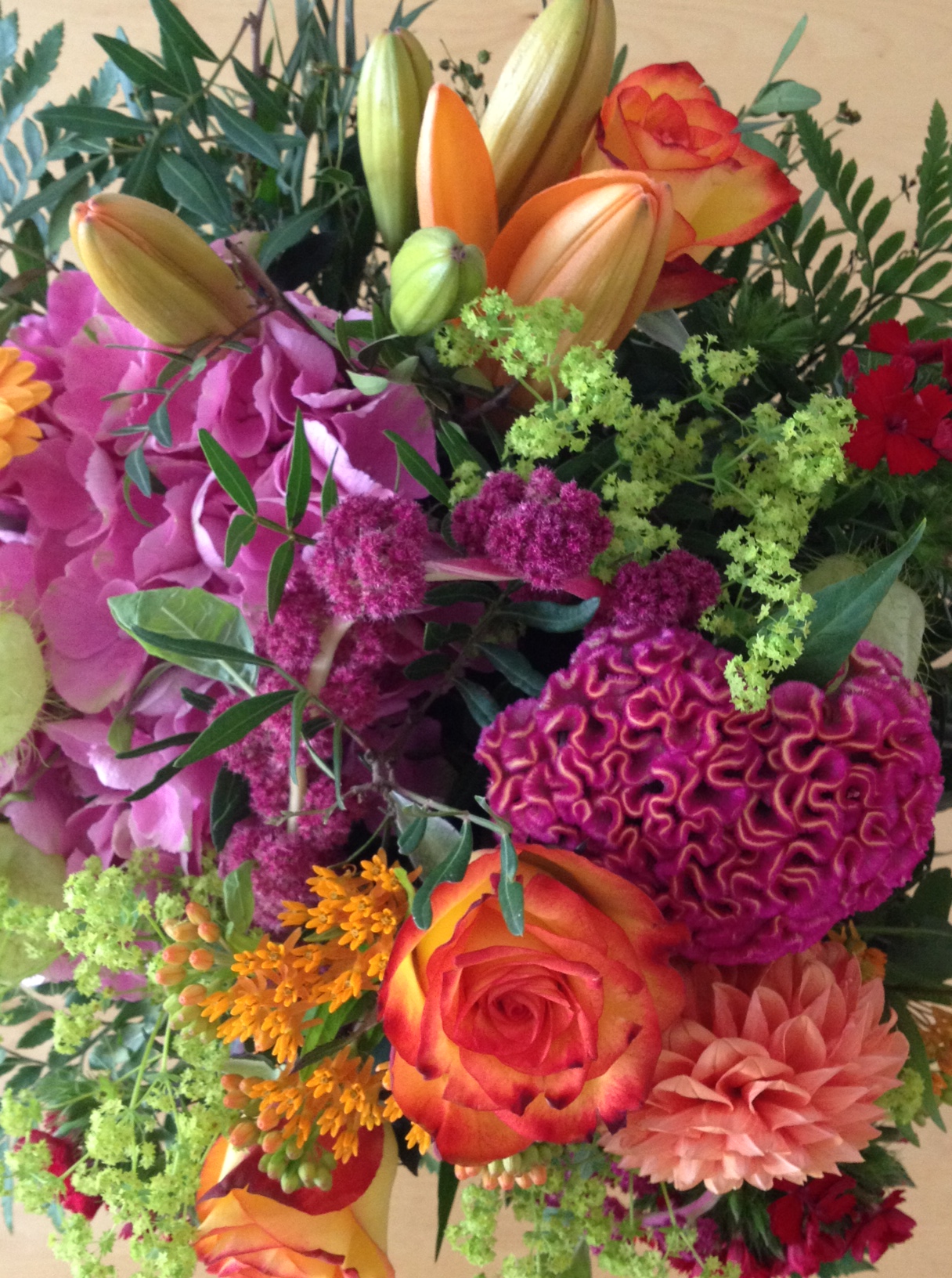 On my way to Tallinn where I am attending the 2013 SIETAR Congress, I read some interesting articles related to intercultural research, mindfulness and leadership. It always strikes me, how much everything is interrelated!
On my way to Tallinn where I am attending the 2013 SIETAR Congress, I read some interesting articles related to intercultural research, mindfulness and leadership. It always strikes me, how much everything is interrelated!
For example I read that leadership is not about controlling others and the environment we live/work in but to accept and treat others as ‘human beings’ who as such are capable of compassion, creativity and generosity. All it needs is somebody to bring out these qualities and skills, hence to work with collective emotional intelligence rather than with individual intellects only.
Whereas this would appear obvious to a mindful leader, another article expanding these thoughts by Amnon Buchbinder on Philip Shepherd’s ‘Out of our heads’ retained my attention. The latter explores the implications of the fact that there are two brains (yes!) within us: the cranial one which we know and the so-called ‘enteric brain’ located in our bellies (in the gut).
From my understanding of neuroscience, I know that there is a web of neurons in the belly allowing us to listen to the outside world through our bodies; what I did not know though, was how we as humans in our Western culture historically ended up putting so much emphasis on our ‘cranial brain’ and the intellect thus moving our ‘thinking’ self to the head.
We live in a ‘head-centered’ society and of course this has multiple consequences in our lives, on our organisational cultures, our education etc.etc. Interestingly, the idea of an integrated mind and body (i.e. the harmony we need to achieve in order to align our ‘two brains’), “the embodied feeling and lived experience” (Bennett, Castiglioni) also lies at the center of intercultural adaptation: the intuitive feeling of a culture is as important as cultural awareness and knowledge of a foreign culture to be able to effectively deal with difference.
Food for thought! During the next days here in Tallinn, I will certainly be learning many more new aspects of intercultural research, training and education. I can only say that listening to my gut feeling has brought me here and the practice of mindfulness is certainly one way of being in touch with myself again.
If you haven’t done so already, please follow my blog to learn more about Mindful Leadership & Intercultural Communications. I will be offering some free 20 minutes coaching sessions very soon for those of you who don’t really know what it is, want to try it out or simply are in need of coaching. Sign up here!









